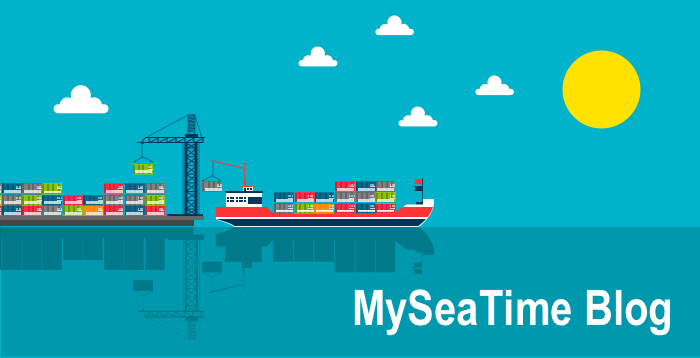As per MARPOL, the word en route means
that the ship is underway at sea on a course or courses, including deviation from the shortest direct route, which as far as practicable for navigation purposes, will cause any discharge to be spread over as great an area of the sea as is reasonable and practicable
In simple words, this means that ship should not be circling at a smaller area. The whole idea of including this concept in the MARPOL is that the allowed discharge (oil, chemicals etc) must be spread into the sea over a larger area.
The MARPOL wants the ships to proceed ahead and it must not turn back and come to the same point again and again.

While proceeding to its destination, ship may or may not take the shortest route but it must be proceeding towards it.

Before the year 2010, if a chemical tanker had to clean the tanks and return back for loading in Rotterdam, it was not allowed by the Dutch authorities.
In 2010, in one of the alledged MARPOL violation case that was based upon the definition of enroute, Dutch court clarified that a vessel can leave a port, clean the tank and return back and it will still be considered that the vessel was enroute.
Needless to say that in this situation when the vessel is disposing off the washings, it must move in single direction and circle around.
Coming back to second part of the question. When a vessel has left the berth, it is already enroute. So with respect to OWS, the vessel has satisfied the condition of enroute. However rules of the local port authorities (and general sense as well as the company SMS) prohimbits the use of OWS in port limits.
Port limits is generally the territorial waters of the port which extends to 12NM from the baseline.
So it does not matter where and when commencment of sea passage (RFA) is given, OWS must only be started outside the port limits.





